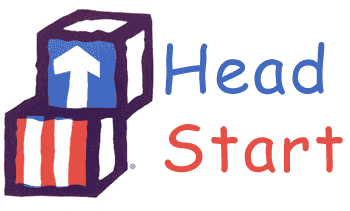Head Start Benefits Children with Disabilities

Young children with multiple disabilities who are enrolled in Head Start have better literacy, reading and math scores than children who aren’t in the federally funded program, indicates a new study by Michigan State University researchers.
Head Start provides early education services to nearly 1 million low-income children up to age 5 every year, and federal requirements require that children with disabilities comprise at least 10 percent of its enrollment.
The study is one of the first to investigate Head Start’s impact on children with disabilities, which include speech/language, cognitive, behavioral/emotional, sensory and physical impairments.
Researchers analyzed the data of 570 children drawn from the Head Start Impact Study, a nationally representative study of about 5,000 children randomly assigned to Head Start or non-Head Start programs.
In addition to improved academic performance, the study found that children in Head Start were more likely to have multiple disabilities and to have those disabilities verified by a doctor (as opposed to just the school district).
The study appears online in the Journal of Social Service Research. Read Michigan State University’s press release about the study here.



